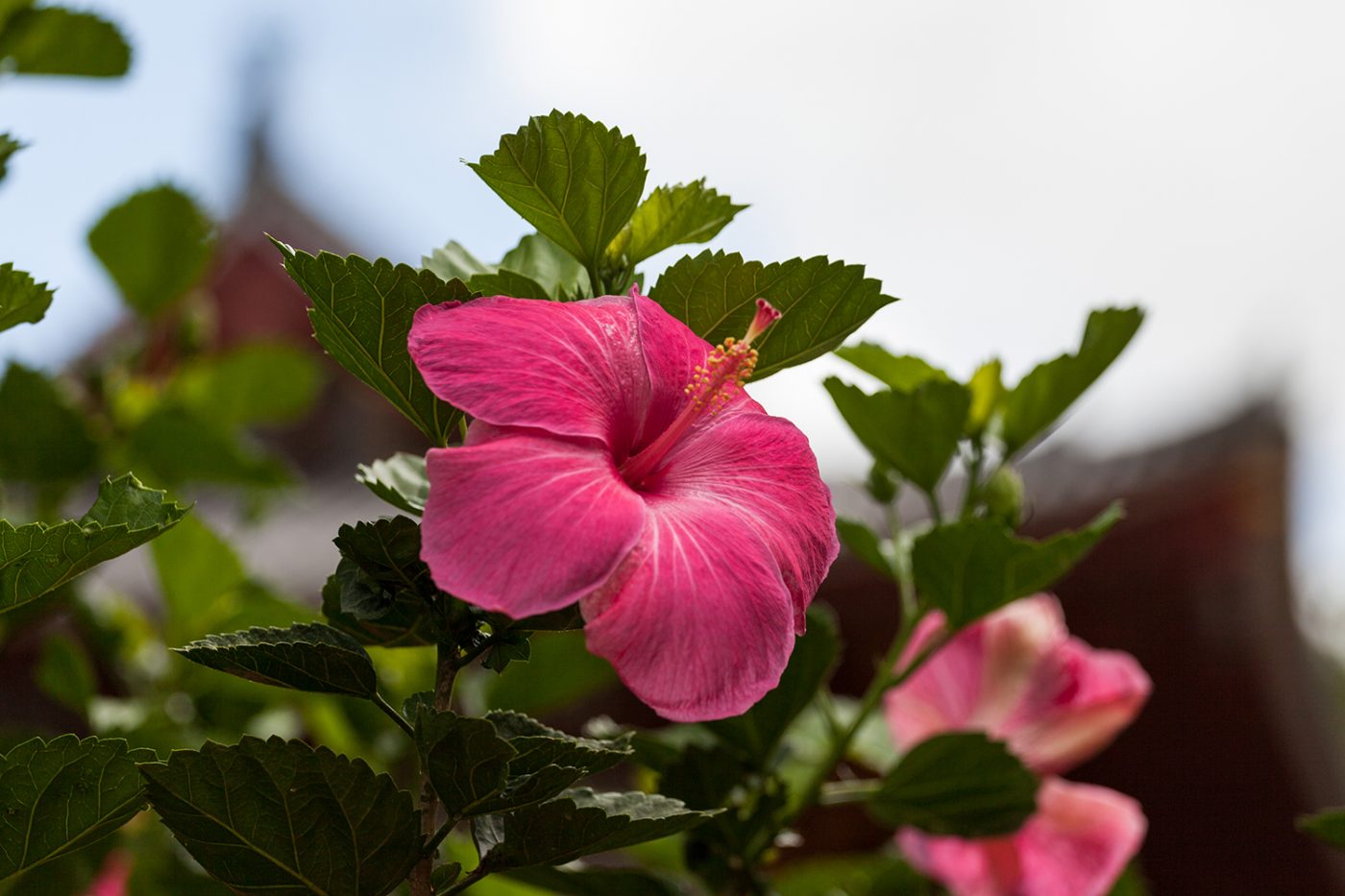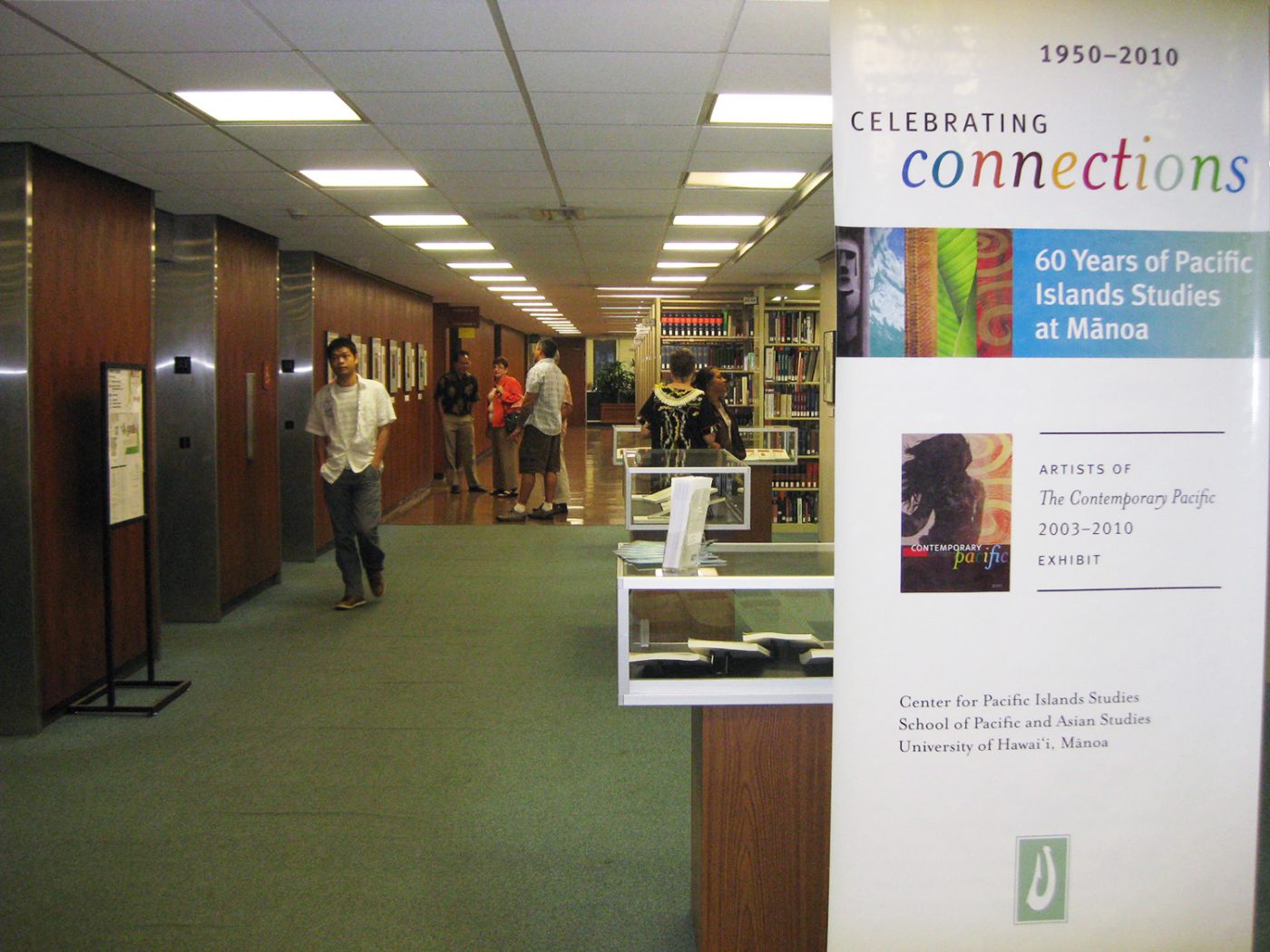The University of Hawai‘i has made a special commitment to the Pacific Islands region, its peoples, and their environments.
Located in an area of historical and cultural significance to the Kānaka Maoli, the indigenous people of Hawai‘i, the Mānoa campus in particular offers a resource-rich and exciting environment for Pacific Islands studies. Faculty on this campus alone offer over one hundred courses emphasizing the Pacific Islands region. At the heart of this research and teaching activity is Hamilton Library, a first-class research library that houses the Pacific Collection, recognized as the best general collection of Pacific materials in the world.


The University of Hawai‘i at Mānoa (UHM) has a long history of excellence in research and teaching activities concerning the Pacific Islands. The first thesis pertaining to the Pacific Islands was completed in 1923, and in 1950 the University of Hawai‘i became the first institution of higher learning anywhere to offer an interdisciplinary graduate degree in Pacific Islands studies. The Center for Pacific Islands Studies remains the only academic program in the United States to focus on the entire Pacific region and the only National Resource Center for this region recognized and supported by the US Department of Education since 1973. Today the center has a faculty of over 40 regional specialists who devote most of their time and energy to Pacific Islands–related research and teaching, and a dynamic student program that includes graduate and undergraduate offerings. The Pacific Islands studies teaching faculty— Lola Quan Bautista, Tarcisius “Tara” Kabutaulaka, Alexander Mawyer, Julianne Walsh— are housed at the Department of Pacific Islands Studies and teach core courses leading to an MA, a BA, and a Graduate Certificate in Pacific Islands studies while they continue to support the center as part of its foundation.
The center also has a thriving publishing program, which includes the Pacific Islands Monograph Series and an interdisciplinary journal, The Contemporary Pacific, featuring articles that examine social, economic, political, ecological, cultural, and literary topics. The journal also features political, book, and media reviews, as well as the work of contemporary Pacific artists. In addition, the center supports student and faculty exchanges with regional universities, hosts visiting scholars and officials, cooperates with regional organizations, and coordinates an active program of educational outreach, including seminars, workshops, readings, Web-based resources for teaching, and international conferences.

